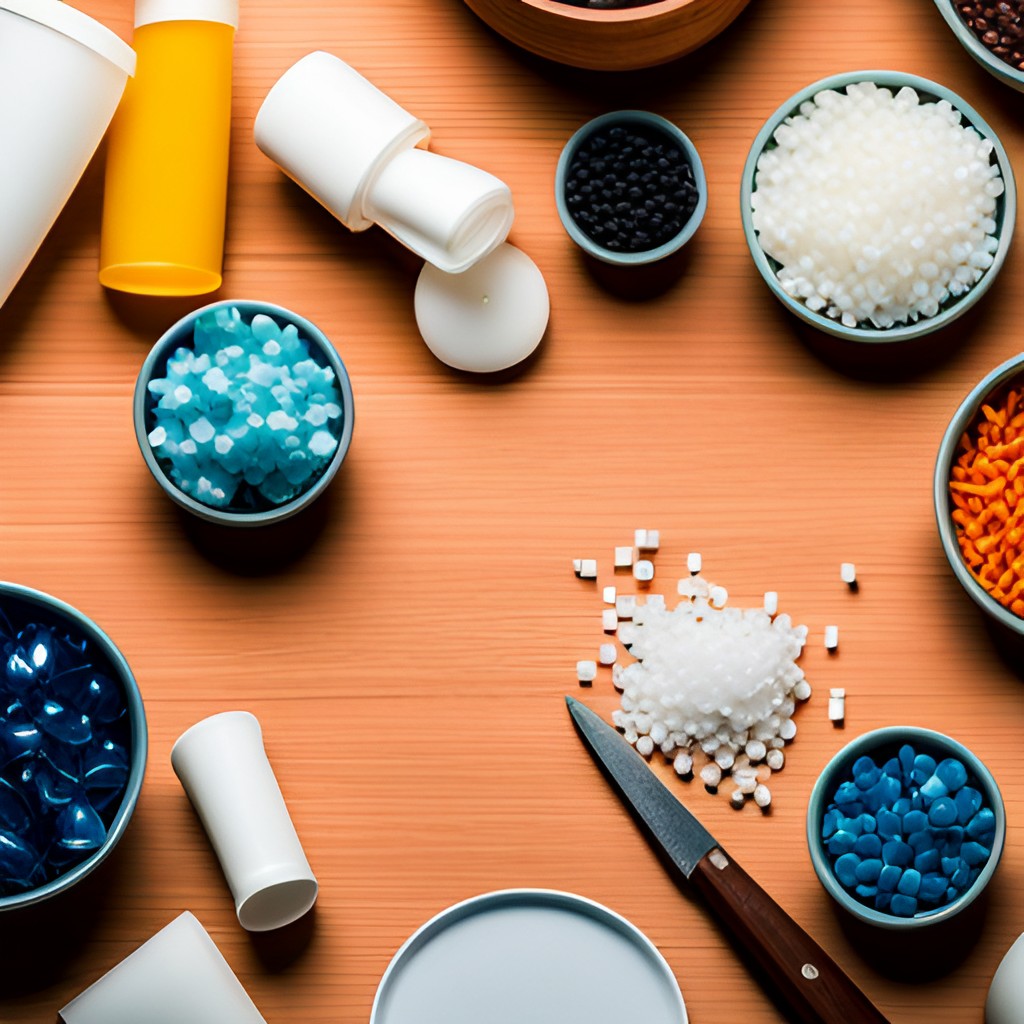Study Reveals Microplastics’ Threat on Male Fertility
A study by Matthew Campen at the University of NM has uncovered a concerning fact: human testicles contain many times more microplastics than previously thought. This alarming discovery surpasses microplastic levels found in both animal testes and human placentas, raising significant health concerns, especially regarding male fertility.
Understanding Microplastics
Microplastics are tiny plastic particles smaller than 5mm, which originate from various sources, including degraded plastic waste and personal care products. These minuscule particles are pervasive in our environment, contamination reaching the air we breathe, the water we drink, and even the food we consume. Due to their small size, microplastics can easily penetrate biological membranes and accumulate in an array of human tissues.
The Study’s Key Findings
Matthew Campen’s study focused on determining the concentration of microplastics in human tissues. The research revealed that testicular tissue harbors microplastic particles at levels three times higher than previously reported estimates. This finding is striking since it eclipses the microplastic contamination levels observed in animal testes and human placentas. The implications of such contamination are profound, especially given the delicate and essential functions of the testes in male reproduction.
Potential Impact on Male Fertility
The testes are vital for the production of sperm and hormones such as testosterone, which are crucial for male fertility and overall health. The accumulation of microplastics in testicular tissue can disrupt these functions, potentially leading to various health issues, including reduced sperm count and quality, hormonal imbalances, and compromised fertility. The presence of foreign particles like microplastics can cause inflammation and cellular damage, further exacerbating these problems.
How Microplastics Enter the Body
Microplastics can enter the human body through several routes:
- Ingestion: Microplastics are present in various food items, including seafood, salt, and honey. They also contaminate drinking water, both bottled and tap water.
- Inhalation: Microplastics are airborne in indoor and outdoor environments, making inhalation a significant exposure route.
- Dermal Contact: Microplastics in personal care products can penetrate the skin, adding to the body’s burden.
Measures to Mitigate Exposure
Given the ubiquitous nature of microplastics, entirely avoiding them is challenging. However, there are steps individuals and policymakers can take to reduce exposure:
- Reducing Plastic Use: Minimizing the use of plastic products and opting for alternatives such as glass, metal, or biodegradable materials can significantly reduce microplastic pollution.
- Using Water Filters: Installing water filters can help remove microplastics from drinking water, reducing ingestion.
- Advocating for Regulations: Supporting stricter regulations for plastic production and waste management can lead to less environmental contamination.
- Personal Choices: Choosing personal care products free from microplastics can lower dermal exposure.
The Need for Further Research
While the findings of this study are alarming, they underscore a critical need for further research. Understanding the full extent of microplastic contamination in human tissues and its health impacts requires comprehensive studies. Additionally, developing standardized methods for detecting and quantifying microplastics in biological tissues is essential for advancing research in this field.
Are You Affected?
The discovery that human testicles contain three times more microplastics than previously thought highlights a significant public health concern. As microplastics continue to infiltrate our environment and bodies, understanding their impact on male fertility and overall health becomes increasingly vital. While measures to mitigate exposure are essential, continued research and stronger regulations are necessary to address this escalating issue. By taking action now, we can work towards reducing microplastic pollution and protecting future generations’ health and fertility.


Leave a Reply